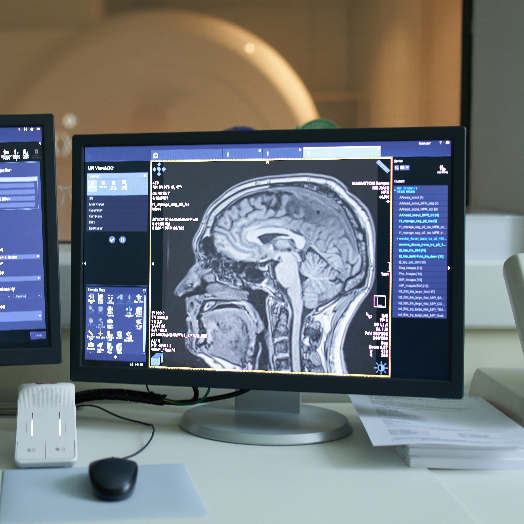Symptoms of MS vary depending on the location and extent of nerve damage, but may include:
- Fatigue
- Numbness or tingling in the limbs
- Muscle weakness or stiffness
- Blurred or double vision
- Loss of coordination or balance
- Problems with speech or swallowing
- Cognitive impairment, such as memory or concentration difficulties
- Depression or anxiety
There is no cure for MS, but treatment can help manage symptoms, slow the progression of the disease, and improve quality of life. Treatment may include:
- Medications: Various medications, such as corticosteroids, immunomodulators, and disease-modifying therapies, may be used to reduce inflammation, prevent relapses, and slow disease progression.
- Rehabilitation therapy: Physical therapy, occupational therapy, and speech therapy may be used to help improve muscle strength, balance, and coordination, as well as manage cognitive and emotional symptoms.
- Lifestyle modifications: Making lifestyle changes such as getting regular exercise, managing stress, and maintaining a healthy diet can help manage symptoms and improve overall health.
